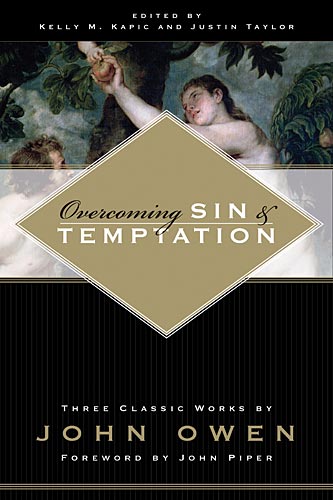I was struck by the words of Jesus in a familiar passage today in Matthew 7:14:
“For the gate is narrow and the way is hard that leads to life, and those who find it are few.”
Certainly a verse that many believers know and affirm. What stood out to me however, was one little word that I don’t like in that sentence. One little word that many struggle with. And yet we affirm the truth of Jesus’ words in that verse but by our lives we contradict them. And it all hinges on that one word. Oh, how that one word has caused many prayers to ascend to my Father. That one word trips me up and clashes with my experiences. That one word crashes like a cymbal in my ears. That one word is this: hard. Now, we as Christians don’t have a problem with the word “narrow”– in this pluralistic post-modern world we gladly shout out that Jesus is the only way to God. We have no issue telling people that the only way to Heaven is through Jesus Christ. But where many of us {me, immensely} short circuit the power and promise of Jesus’ words in that verse is by wanting to delete, white-out, and erase that one word: hard.
What is interesting about that word “hard” is actually the thing that is so wondrous about it. In this verse it is the noun form of the verb thlipsis in Greek, a word which Paul uses very often. It is often translated “suffering, hardship, tribulation”. Now, what might you say, is so wondrous about this word? How is suffering/hardship a wonderful thing? Suffering is a wonderful thing because it is a GIFT from God! Yes, a gift. Paul says it here in Philippians 1:29-
“For it has been granted to you {literally ‘graced’ or ‘gifted’ to you”} that for the sake of Christ you should not only believe in him but also suffer for his sake…”
Now, the word here for suffer is not the same word used by Jesus, but the idea is there. Suffering is a gift from God. What a queer and strange gift! Suffering…a gift?!? We would all agree that salvation is a gift freely given by God but so is suffering. Albeit, we often focus on the salvation gift, and not so much on the suffering gift. In fact, many times I’ve wanted to give it back to God! No thanks, I can do without that gift! But the reality is that I CAN’T do without that gift because it is part of the package, part of the way to finding God. Part of the way to Heaven.
Luke describes the words and teachings of Paul and Barnabas in Acts 14:22 this way:
“…strengthening the souls of the disciples, encouraging them to continue in the faith, and saying that through many tribulations we must enter the kingdom of God…”
Again, this is the same word {verb form} used by Jesus. It is through suffering and hardship that we enter the kingdom of God. This is the path we must follow as disciples of Christ. He suffered and we will too. But we should not just come to a basic understanding and acceptance of it either. Its not enough to just come to grips with the fact that we will suffer in this world. We must go one more step. And we can only do this by God’s grace. The step is found in Paul’s exhortation to the Corinthians in 2nd Corinthians 12:9-10-
“Therefore I will boast {rejoice in, exult in} all the more gladly of my weaknesses, so that the power of Christ may rest upon me. For the sake of Christ, then, I am content {exult, rejoice, be well pleased with, like, approve} with weaknesses, insults, hardships, persecutions, and calamities. For when I am weak, then I am strong.”
None of us do it continually, but we are called to rejoice in our sufferings because they are God-appointed instruments which He uses to teach us that He is sufficient, that we are dependent on Him, and that enable us to then go and minister to others in their affliction {thlipsis} SEE 2ND CORINTHIANS 1:3-11.
So don’t waste your sufferings/hardships/afflcitions/problems. See them as God-ordained means to a greater end: seeing and basking in the future glory of God that awaits us {see also Romans 5:1-5 where Paul uses the same word for suffering in verse 3}.
May you not only affirm that Jesus is the narrow and only way to God, but may you also not “trip” over the hardships and sufferings which are yours but may you see them as spring boards to sanctification, trust, faith, blessings to others, and most importantly opportunities to bring glory to God. {And pray for me as I struggle too…}








